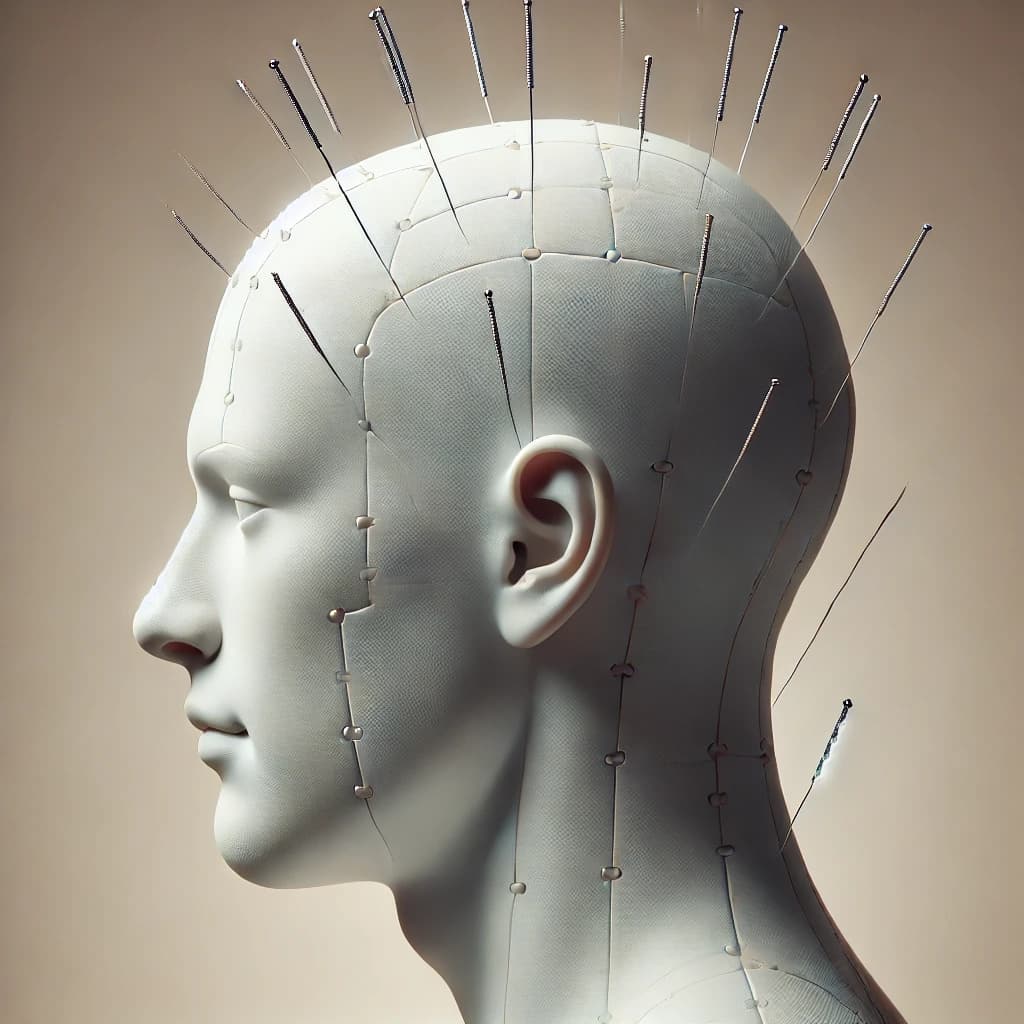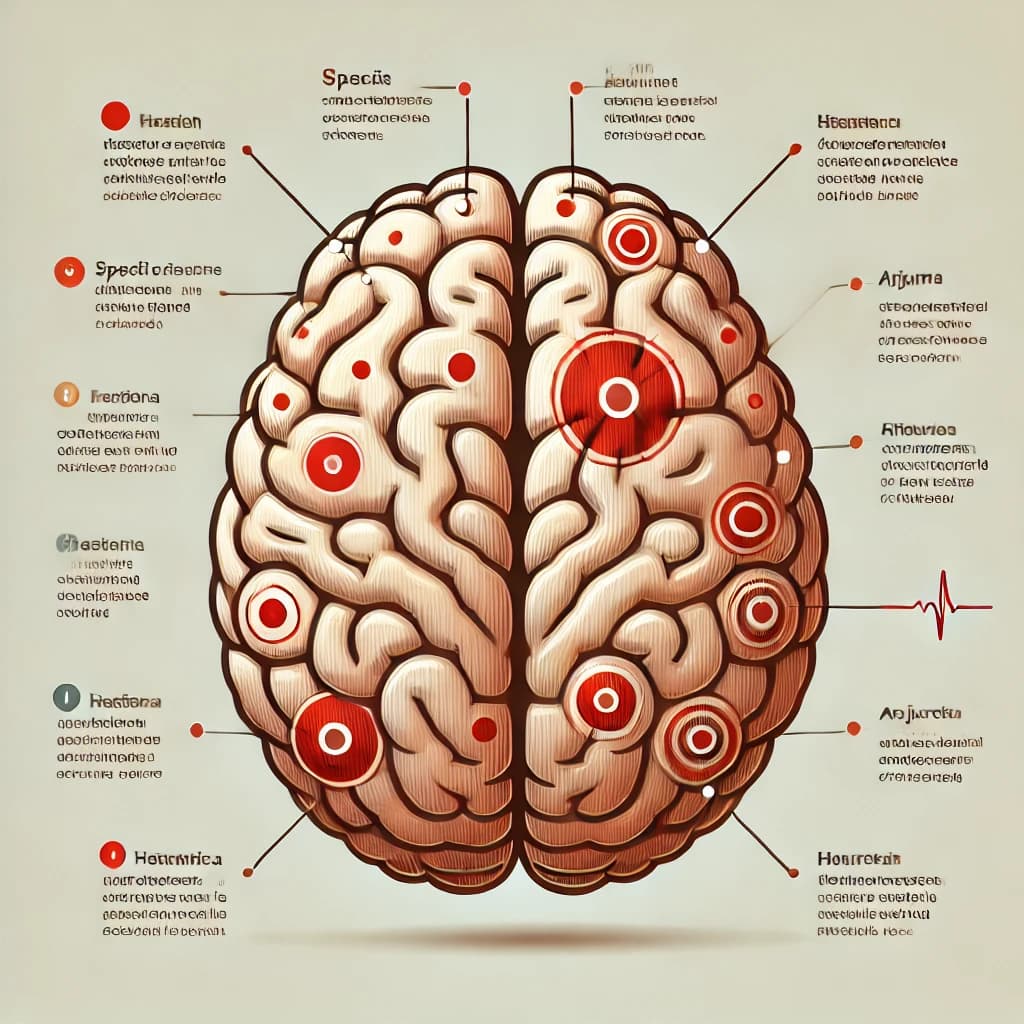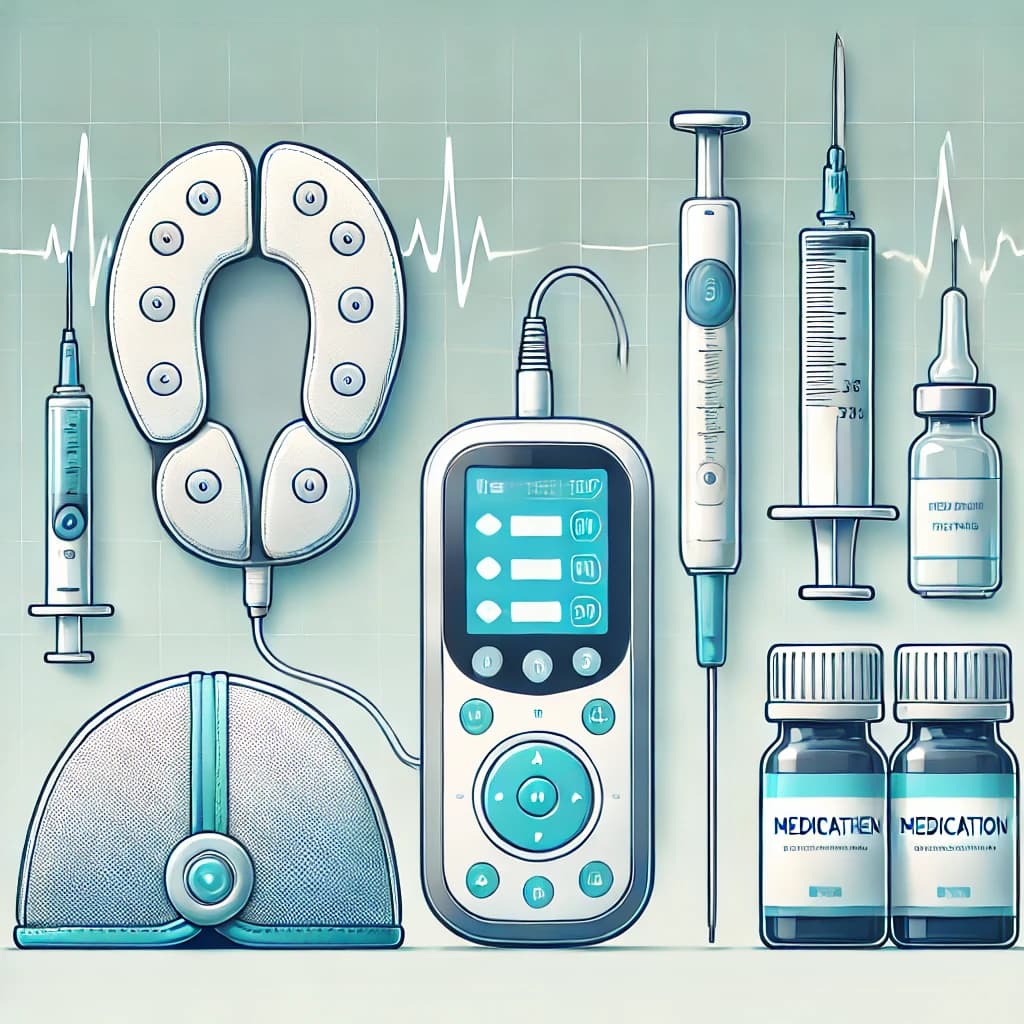Articles
- Home
- Articles
Showing 1 - 10 of 15 articles

Monday, September 29th, 2025
Medication Overuse Headaches: What You Need to Know
While medications can relieve headache symptoms, overusing them may lead to medication overuse headaches (MOH), also known as rebound headaches. Veterans relying heavily on pain relievers should be aware of this risk.Understanding Medication Overuse HeadachesMOH occur when pain relief medications are taken too frequently, causing a cycle of chronic headaches.Medications Commonly InvolvedAnalgesics: Acetaminophen, ibuprofen, aspirinCombination Pain Relievers: Those containing caffeine, codeine, or barbituratesTriptans: Medications specifically for migrainesSymptoms of MOHIndicators include:Daily or near-daily headachesWorsening headache symptoms despite medicationHeadache upon wakingPrevention StrategiesTo avoid MOH:Limit use of acute headache medications to no more than two days per weekFollow prescribed dosagesConsult a healthcare provider for preventive treatmentsTreatment of MOHApproaches include:Medication Withdrawal: Gradually reducing or stopping overused medicationsPreventive Medications: Drugs to reduce headache frequencyBehavioral Therapies: Stress management and cognitive-behavioral therapyConclusionAvoiding medication overuse is essential for effective headache management. Veterans should work closely with their healthcare providers to develop a safe treatment plan.

Monday, September 29th, 2025
The Impact of Physical Activity on Headaches
How regular exercise can reduce the frequency and severity of headaches.

Monday, September 29th, 2025
Acupuncture: An Alternative Therapy for Headache Relief
Acupuncture, a component of traditional Chinese medicine, involves inserting thin needles into specific points on the body. It's gaining popularity as a treatment for chronic headaches among veterans.How Acupuncture WorksThe therapy is based on the concept of balancing the body's energy flow (Qi). From a biomedical perspective, it may stimulate nerves, muscles, and connective tissue, boosting the body's natural painkillers.Effectiveness for HeadachesResearch indicates that acupuncture can:Reduce the frequency of migraines and tension-type headachesDecrease the intensity of headache painImprove quality of lifeThe Treatment ProcessConsultation: Assessment of medical history and symptoms.Session Preparation: Patient lies comfortably while specific points are identified.Needle Insertion: Thin, sterile needles are inserted painlessly.Relaxation Period: Needles remain in place for 15-30 minutes.Accessing Acupuncture Through the VAThe VA offers acupuncture services as part of its integrative health programs. Veterans should consult their primary care providers for referrals.ConclusionAcupuncture presents a viable alternative for veterans seeking non-pharmacological headache treatments.

Monday, September 29th, 2025
Understanding Post-Traumatic Headaches
An overview of headaches resulting from traumatic brain injuries in veterans.

Monday, September 29th, 2025
Stress Management Techniques for Headache Relief
Stress is a significant trigger for headaches, especially among veterans who may face unique stressors. Implementing effective stress management techniques can reduce the frequency and intensity of headaches.The Impact of Stress on HeadachesStress can cause muscle tension, changes in brain chemicals, and activation of the body's fight-or-flight response, all of which can lead to headaches.Mindfulness MeditationMindfulness involves being fully present in the moment. Studies show it can reduce stress and improve headache symptoms.How to Practice:Find a quiet space.Sit comfortably and focus on your breath.Acknowledge thoughts without judgment and return focus to breathing.Deep-Breathing ExercisesDeep breathing helps activate the body's relaxation response.Technique:Inhale slowly through your nose for 4 counts.Hold your breath for 7 counts.Exhale slowly through your mouth for 8 counts.Repeat several times.Yoga and Physical ActivityYoga combines physical postures, breathing techniques, and meditation.Benefits:Reduces muscle tensionImproves flexibilityEnhances mental clarityTime Management and PrioritizationOrganizing tasks can reduce feelings of being overwhelmed.ConclusionIncorporating stress management techniques can be a valuable component of a comprehensive headache treatment plan for veterans.

Monday, September 29th, 2025
Nutrition and Headaches: Foods That Help and Harm
Diet significantly impacts headache frequency and severity. Understanding which foods to avoid and which to include can empower veterans to take control of their headache management.Foods That May Trigger HeadachesCertain foods are known to trigger headaches in susceptible individuals:Processed Meats: Contain nitrates that can dilate blood vessels.Alcohol: Especially red wine, due to tyramine content.Artificial Sweeteners: Aspartame may trigger headaches.Chocolate: Contains caffeine and beta-phenylethylamine.Aged Cheeses: High in tyramine.Foods That May Prevent HeadachesIncorporate these foods into your diet:Leafy Greens: Rich in magnesium.Fatty Fish: Omega-3 fatty acids reduce inflammation.Whole Grains: Provide steady energy levels.Nuts and Seeds: Source of essential nutrients.Hydrating Fruits: Watermelon and cucumber help maintain hydration.Hydration MattersDehydration is a common headache trigger. Aim for at least 8 glasses of water daily.Consult a NutritionistWorking with a nutritionist can help tailor a diet plan specific to your needs.ConclusionMaking informed dietary choices can play a crucial role in headache management for veterans.

Monday, September 29th, 2025
Innovative Treatments for Cluster Headaches
Cluster headaches are among the most severe types of headaches, causing excruciating pain. Veterans suffering from cluster headaches have new treatment options to consider.Understanding Cluster HeadachesThese headaches occur in cyclical patterns or clusters, with intense pain on one side of the head, often around the eye.Neuromodulation TherapiesNeuromodulation involves stimulating nerves to alleviate pain.Vagus Nerve Stimulation (VNS): A non-invasive device stimulates the vagus nerve to reduce headache frequency.Sphenopalatine Ganglion Stimulation: An implantable device targets nerves associated with cluster headaches.Oxygen TherapyInhaling pure oxygen at the onset of a headache can provide rapid relief.Benefits of Oxygen Therapy:Non-invasive and safeQuick symptom reliefMinimal side effectsEmerging MedicationsNew drugs, such as calcitonin gene-related peptide (CGRP) inhibitors, show promise in treating cluster headaches.ConclusionAdvancements in medical technology offer hope for those battling cluster headaches. Veterans should consult their healthcare providers to explore these innovative treatments.

Monday, September 29th, 2025
The Role of Sleep in Headache Management
Quality sleep is crucial for headache prevention and management. Many veterans experience sleep disturbances due to factors like stress, anxiety, or service-related injuries.Why Sleep MattersSleep allows the body to repair and rejuvenate. Lack of sleep can lead to:Increased headache frequencyImpaired cognitive functionElevated stress hormonesImproving Sleep HygieneAdopt these practices to enhance sleep quality:Maintain a Regular Sleep Schedule: Go to bed and wake up at the same time daily.Create a Restful Environment: Keep your bedroom dark, quiet, and cool.Limit Screen Time: Avoid electronic devices at least an hour before bedtime.Avoid Stimulants: Reduce intake of caffeine and nicotine, especially in the evening.When to Seek HelpIf sleep issues persist, consult a healthcare provider. Conditions like insomnia or sleep apnea may require professional intervention.ConclusionPrioritizing sleep can significantly reduce headaches and improve overall health. Implementing good sleep hygiene is a vital step in headache management.

Monday, September 29th, 2025
Coping with Chronic Tension-Type Headaches Post-Deployment
Chronic tension-type headaches are prevalent among veterans returning from deployment. The transition to civilian life brings its own set of challenges that can exacerbate these headaches.Understanding Tension-Type HeadachesTension-type headaches are characterized by a constant, dull ache on both sides of the head. They are often associated with muscle tightness in the neck and shoulders.Coping StrategiesRelaxation TechniquesIncorporate relaxation methods such as:Progressive Muscle Relaxation: Systematically tensing and relaxing muscle groups.Meditation: Focusing the mind to achieve a mentally clear state.Deep Breathing Exercises: Using controlled breathing to reduce stress.Physical TherapyPhysical therapists can provide exercises to relieve muscle tension and improve posture, which may reduce headache frequency.Counseling ServicesThe VA offers counseling to help veterans adjust to post-deployment life, addressing mental health issues that may contribute to headaches.Seeking SupportConnecting with support groups can provide a sense of community and shared understanding. Consider reaching out to local veteran organizations.ConclusionEffective management of chronic tension-type headaches involves a holistic approach, addressing both physical and emotional well-being.